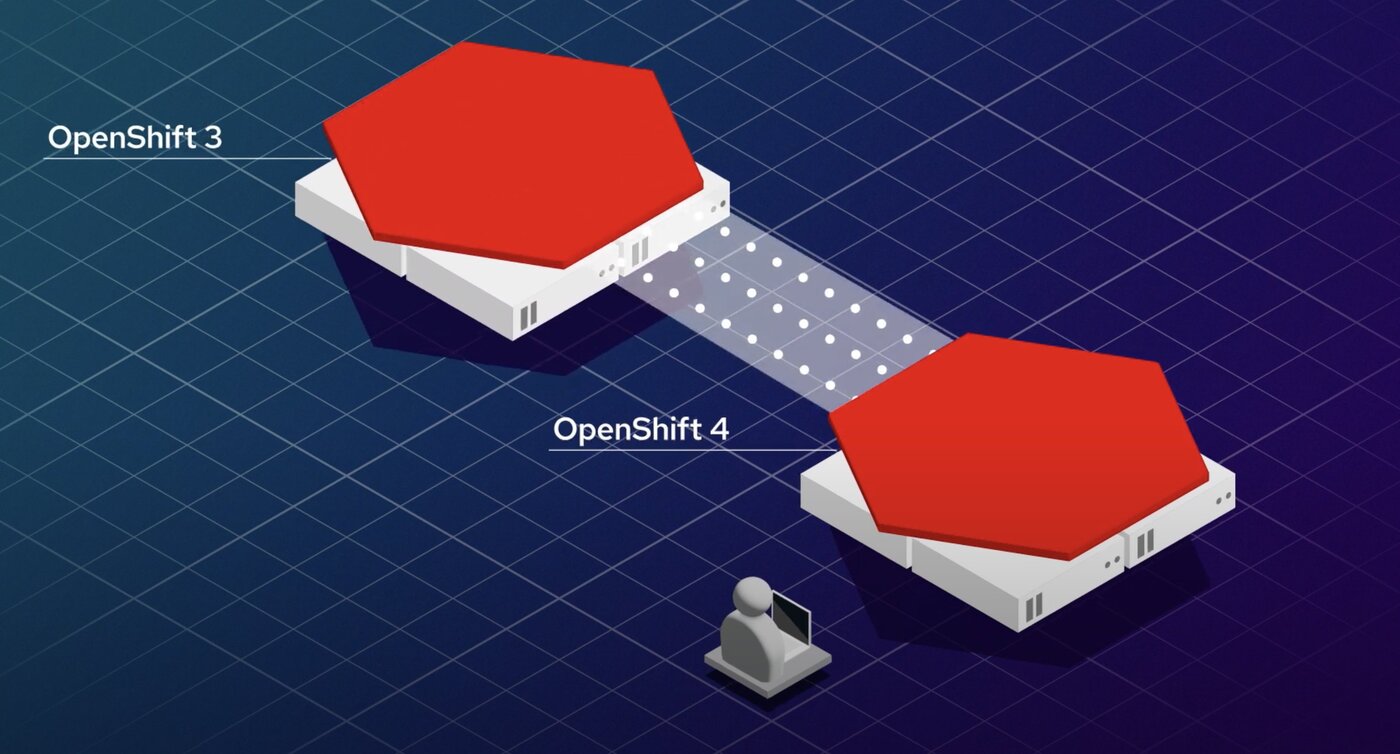OpenShift 4: What's new?

OpenShift 4 is packed with new features that will make developers' hearts beat faster. The Enterprise Kubernetes distribution is now available in version 4.7 at aspectra.
aspectra has been offering a Managed OpenShift Plattform for container-based applications for a good two years. We recently upgraded from version 3 to version 4 (OCP 4/OCS 4). Below is a summary of the most significant new features and benefits of the aspectra OpenShift 4 platform:
- PersistentVolumeClaims (in RWO access mode) can now be created, scaled up or deleted by the clients themselves. Since the volumes are mounted directly in the worker node, they can be used for DB and DB-like applications. For larger or performance-critical DBs, however, we still recommend separate VMs.
- Each customer will receive their own Ingress Router. This allows for individual SSL settings or error pages, for example.
- It is now possible to forward logs per project to a Centralized Log Management (CLM) solution, e.g. Graylog.
- Openshift Service Mesh (consisting of Jaeger, Istio und Kiali) allows, among other things, the control of data traffic between services or tracing of requests between services.
- Helm is integrated. This software package manager simplifies the deployment of applications and services on OpenShift Container Platform clusters.
- IPv6 support for incoming connections (Ingress).
- In modern container environments, S3 is often used as persistent storage. We therefore now also offer S3 storage, based on MinIO, as a shared service. The benefit: you no longer have to be concerned with updates or backups.
- ODo (OpenShift Do), a new CLI tool, made for developers. ODo abstracts complex Kubernetes/OpenShift concepts and thus simplifies deployments.
Our platform (OpenShift Version 4.7) is based on Kubernetes 1.20 (cri‑o 1.20). Docker has been replaced by CRI-O and the nodes run on Red Hat Core OS, a minimal distribution of Linux optimised for containers.
We are happy to advise you if you are looking to run your application on our managed OpenShift platform or if you plan a migration from OpenShift 3 to OpenShift 4. Get in touch with us!
- Learn more about our infrastructure models: Factsheet Managed OpenShift by aspectra
- OpenShift Container Platform 4.7 release notes
- OpenShift 101 (aspectra blog)

